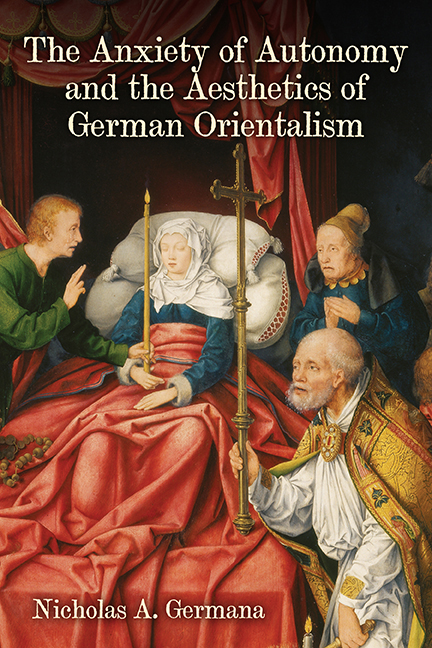3 - The Philosophy of Art
Published online by Cambridge University Press: 25 August 2018
Summary
KANT WAS WORKING ON THE Critique of Judgment when the French Revolution erupted in 1789. By the middle of the decade any discussion of freedom had to take on a different and more immediate importance than it had only a few years before. Kant was just as moved by the events in France as were the younger generation of German intellectuals. One contemporary recalled: “He lived and moved in it; and, in spite of all the terror, he held on to his hopes so much that when he heard of the declaration of the republic he called out in excitement: ‘Now let your servant go in peace to his grave, for I have seen the glory of the world.’” Some of Kant's works of the 1790s—most notably The Metaphysics of Morals and “Toward Perpetual Peace”—give evidence of his hopes for progress toward the realization of human freedom through politics.
Despite his enthusiasm for the cause of liberty, Kant could not offer a philosophical justification for revolution. In The Metaphysics of Morals he insists that there is no right to revolution, because such a right would be self-contradictory—it would abolish the entire condition of right upon which the state is founded. He was also doubtful that political revolution could accomplish the great goal at which it aimed—a true reformation of society. As he explains in “An Answer to the Question: What Is Enlightenment?”: “Thus a public can achieve enlightenment only slowly. A revolution may well bring about a falling off of personal despotism and of avaricious or tyrannical oppression, but never a true reform of one's way of thinking; instead new prejudices will serve just as well as old ones to harness the great unthinking masses.”
How was “a true reform of one's way of thinking” possible? In the third Critique Kant put forward the idea of a morally didactic aesthetics as a tool for such a reform. As we saw in the last chapter, it was his contention that “the beautiful prepares us to love something, even nature, without interest; the sublime, to esteem it, even contrary to our sensible interest.” Frederick Beiser has argued, contra Manfred Frank, that the third Critique “had more of a negative than a positive significance” for the Early Romantics (Frühromantiker).
- Type
- Chapter
- Information
- Publisher: Boydell & BrewerPrint publication year: 2017

